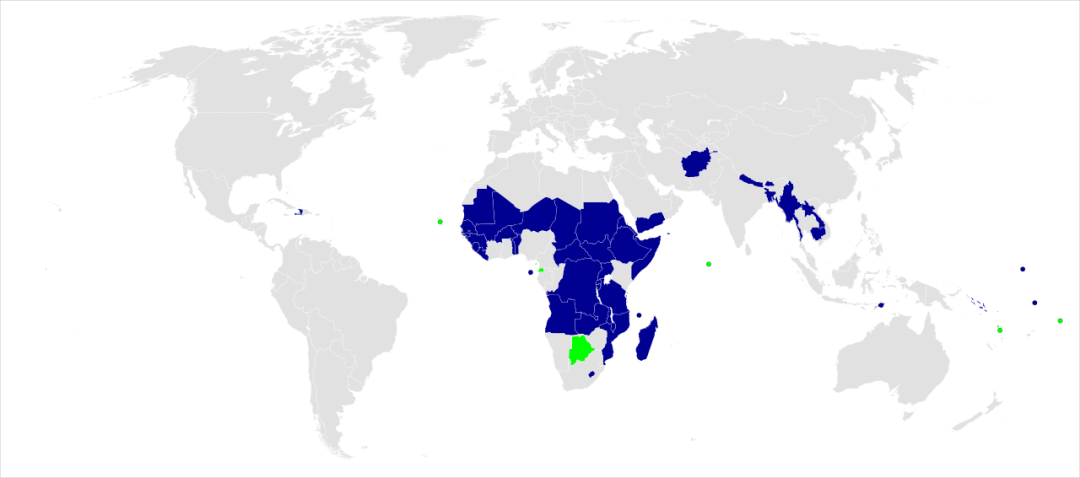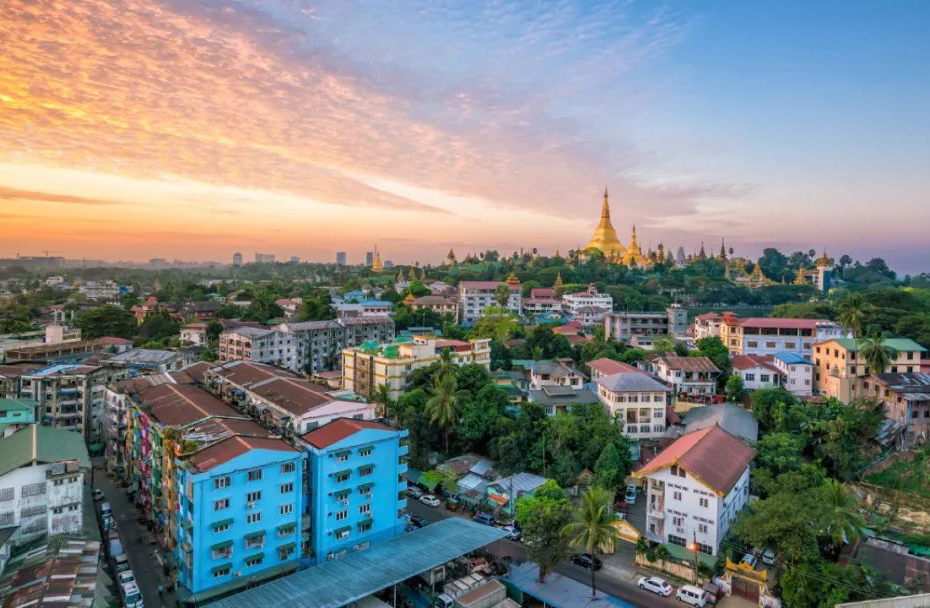According to the UN Office in Myanmar, Myanmar is about to leave the list of least developed countries (LDCs)。

“The global distribution of "least developed countries" and "green" refers to the countries that have been delisted
The head of the UN representative office in Myanmar said that Myanmar met the three criteria for graduation from the list of least developed countries in 2018 and again in 2021. He said that Myanmar will continue to carry out three to five years of reform and development, and will be completely separated from the ranks of the least developed countries.
It is reported that Myanmar's representative office to the United Nations and Myanmar's relevant departments held a discussion on Myanmar's graduation from the list of least developed countries on January 6, 2021.
It is understood that the three criteria for graduation from the list of least developed countries are: in the survey conducted every three years, the per capita national income (GNI) standard must reach more than 1230 US dollars; the human assets standard (HAI) must reach 66 or above; and the economic vulnerability standard (EVI) must reach 32 or below.

In 2018, Myanmar's per capita national income standard (GNI) should be US $1255; its human assets standard (HAI) should be 68.5; and its economic vulnerability standard (EVI) should be 31.7. According to the data of 2018, including Myanmar, there are 47 least developed countries with a total population of 1 billion, 33 of which are in Africa, 13 in Asia Pacific and 1 in Latin America.
Wu dangtun, Minister of investment and foreign economic relations, said at a recent seminar held by the Asia Pacific security research center that Myanmar's GDP is expected to reach 6% in 2021, so Myanmar is still included in the list of countries with the fastest economic development in the region. Even so, he said, the whole people did not enjoy the fruits of economic development equally. Therefore, it is necessary for policy-making institutions and partners to solve this problem. In rural areas, there are still inequalities in people's access to government services, students' primary and secondary education, and gender equality. In order to improve these phenomena, the country is implementing relevant national development projects with the help of the United Nations and national partners.






